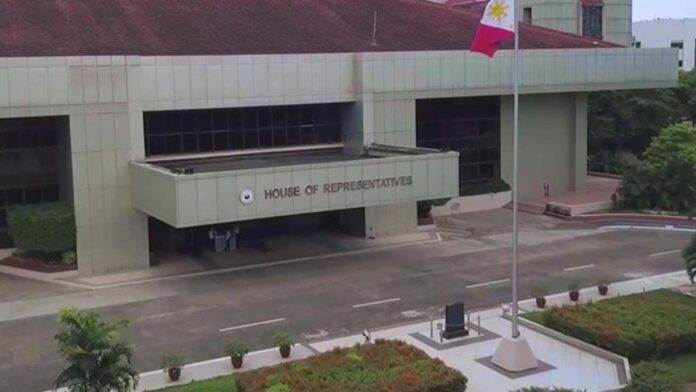The House of Representatives on Thursday adopted a resolution urging the Covid-19 Inter-Agency Task Force for the Management of Emerging Infectious Diseases (IATF-EID) to establish a unified national contact tracing protocol to ensure a more effective health emergency data monitoring system in the country.
During the plenary session, the chamber adopted House Resolution 1680, which proposes a unified national contact tracing protocol that includes the designation of a government agency or body as the centralized repository of information to facilitate a faster health emergency response system.
The resolution states that the protocol should also include the secure and encrypted transmission of data; a unified data procedure for solution providers; compliance with Republic Act 10173 or the Data Privacy Act of 2012 on the handling of data; and the provision of real-time data access to accredited contact tracing app providers.
Speaker Lord Allan Velasco, the author of the resolution, cited the need to strengthen the government’s contact tracing efforts using the most effective and safest system to further boost its response to the pandemic.
“Contact tracing is a public health strategy to dramatically decrease the impact of an epidemic or pandemic that has been used for years to combat communicable diseases, such as the Ebola outbreak in 2014 and the severe acute respiratory syndrome (SARS) outbreak in 2003,” he said.
In November last year, the IATF-EID issued a resolution designating StaySafe.ph as the government’s contact tracing application of choice, making its use mandatory in all national government agencies and instrumentalities and local government units (LGUs).
However, some sectors, including tourism industry participants, prefer SafePass over StaySafe.PH.
Velasco said the disparate apps and non-centralized data repository led to redundant products, cost duplication, and less effective solutions often due to limited data access.
He said the data systems should include automated reports to aid in monitoring progress and outcomes of case investigation and contact tracing.
“It is observed that there (are) poor interconnection and data sharing between solution providers and the central database maintained by the Department of Health,” Velasco said.
He also noted that data-sharing agreements between local and national jurisdictions need to be established or augmented to ensure timely and accurate data collection and sharing.
“Some sectors have also expressed concern on unknown and unverified data privacy practices of various solution providers, including non-compliance with the data privacy law,” he said.
Velasco said existing systems should be modified and new user-friendly data interfaces should be developed to manage multiple data streams with seamless interoperability. (PNA)


